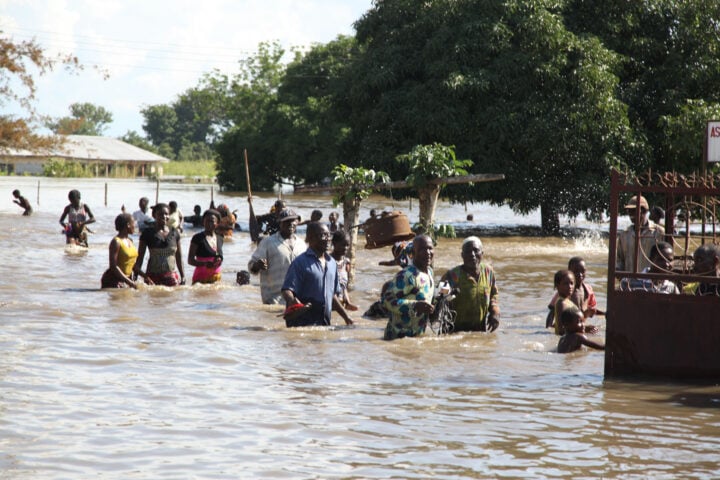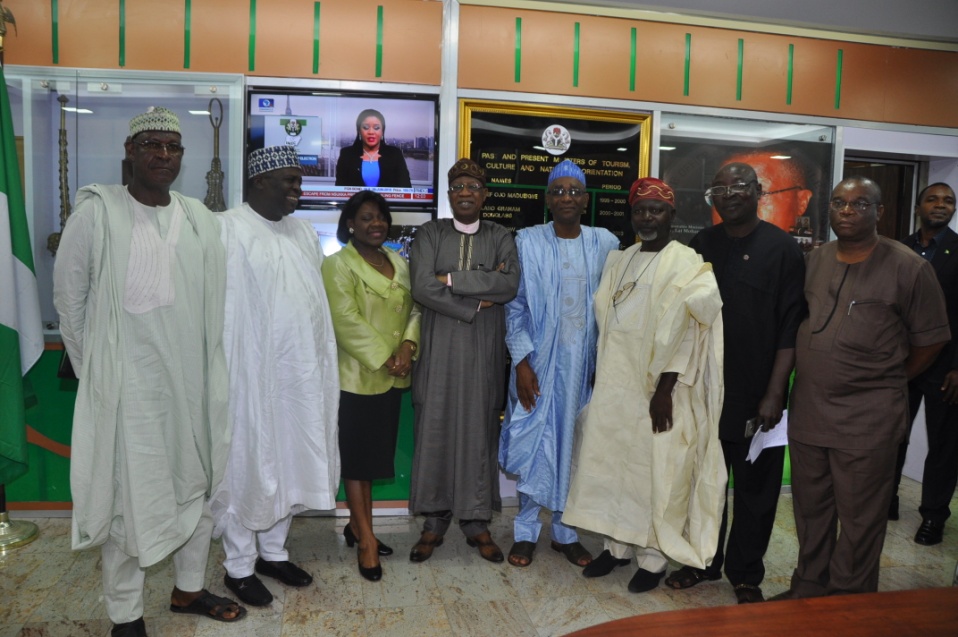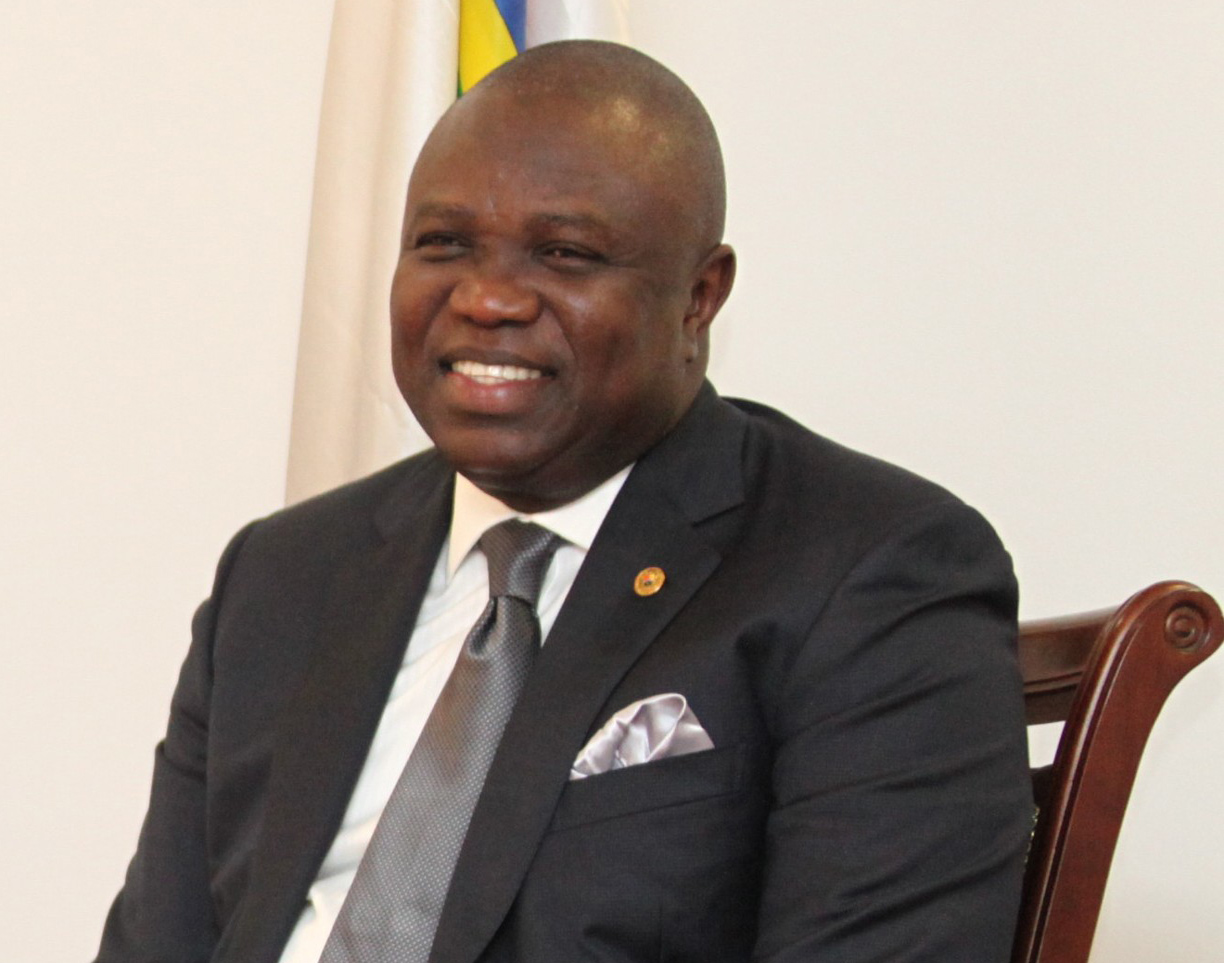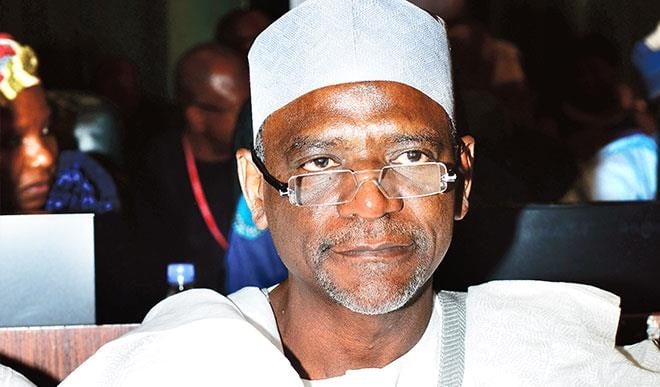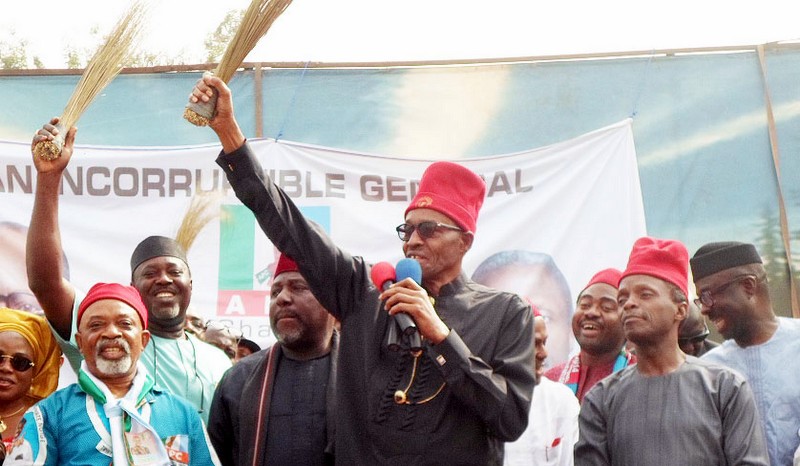Apart from not having a dam in Nigeria’s own end of the River Benue, another major cause of flooding in Nigeria is the accumulation of silts in Rivers Niger and Benue. Only a proper dredging of these rivers would solve Nigeria’s flooding problem.
And if the kind of commitment given to oil exploration in Borno basin is given to the dredging of the Lower River Niger, Ndigbo will be forever grateful to President Buhari.
In 2012, when Cameroon opened their dam, Nigeria lost over N3 trillion as a result of the havoc created. Now in 2016, the United Nations Children’s Emergency Fund (UNICEF) has sounded the alarm bells.
Rivers Niger and Benue are expected to overflow their banks next month. And in a proactive manner, UNICEF has warned Nigeria to prepare for a humanitarian crisis which could be worse than the 2012 flood. High risk areas include Gwagwalada, Kwali and Kuje. This impending flood is estimated to render over 500,000 people homeless.
Advertisement
This is actually a regular occurrence in Nigeria. Last year, a sudden rise in water levels in River Benue destroyed over 300 houses in Markurdi. In fact, low land areas along these major rivers dread the month of September.
The 2012 floods resulted in the outbreak of diseases, destruction of farm lands, malnutrition and loss of critical infrastructure. About 22 states were affected. The kind of collateral damage caused by the 2012 floods cannot be sustained in an economy technically in recession in 2016. Besides, Nigeria might not be able to raise the paltry N12 billion naira, which was raised by the Dangote-Agbakoba led committee, this time.
Considering the disaster of 2012, UNICEF’s warning should be taken very seriously. Short and long term strategies are needed to mitigate this disaster.
Advertisement
And this is where President Buhari comes in. The proper dredging of Rivers Niger and Benue would increase the capacity of these rivers, volume-wise, to accommodate excess waters – thus, preventing them from overflowing their banks.
Besides, it is well-known that the dredging of River Niger will open up alternative means of transportation in communities along the river. The economies of Agenebode, Warri, Lokoja, Asaba, Onitsha and Baro would improve substantially.
For example, if big and important cargo-carrying ships can berth in Onitsha, the economy of the south east would be changed forever. Apapa Port would also be decongested. And Igbo traders would be able to do their businesses with ease.
Government, so far, has spent over N35 billion dredging the River Niger from Warri to Baro. But serious commercial activities that such dredging would have provoked have not commenced. Instead, these communities still suffer from perennial flooding.
Advertisement
Sadly, as at today, only small canoes and boats ply the Lower Niger River. For instance, tiles from the West African Ceramic Company in Kogi used to be conveyed from Kogi to Onitsha in relatively small ferries. Some boats even find it difficult to navigate the sandy river channel.
Going forward, the first major task would be to carry out a thorough engineering study on the Lower Niger River.
Such study would be able to ascertain the kind of dredging to be carried out on this river in order to accommodate the biggest possible size of cargo-carrying ships. This kind of dredging would obviously not be the kind that had been carried out on the river!
Obviously, port development goes hand in hand with expanding waterways. The Onitsha Port, inaugurated by former President Jonathan, should be given all the support it needs in order to become an important business hub, while a proper dredging is undertaken.
Advertisement
The president can achieve this in 2 years. It is extremely important that President Buhari disproves the notion that only an Igbo president can bring this kind of well-meaning development to the Igbos.
Advertisement
Views expressed by contributors are strictly personal and not of TheCable.

